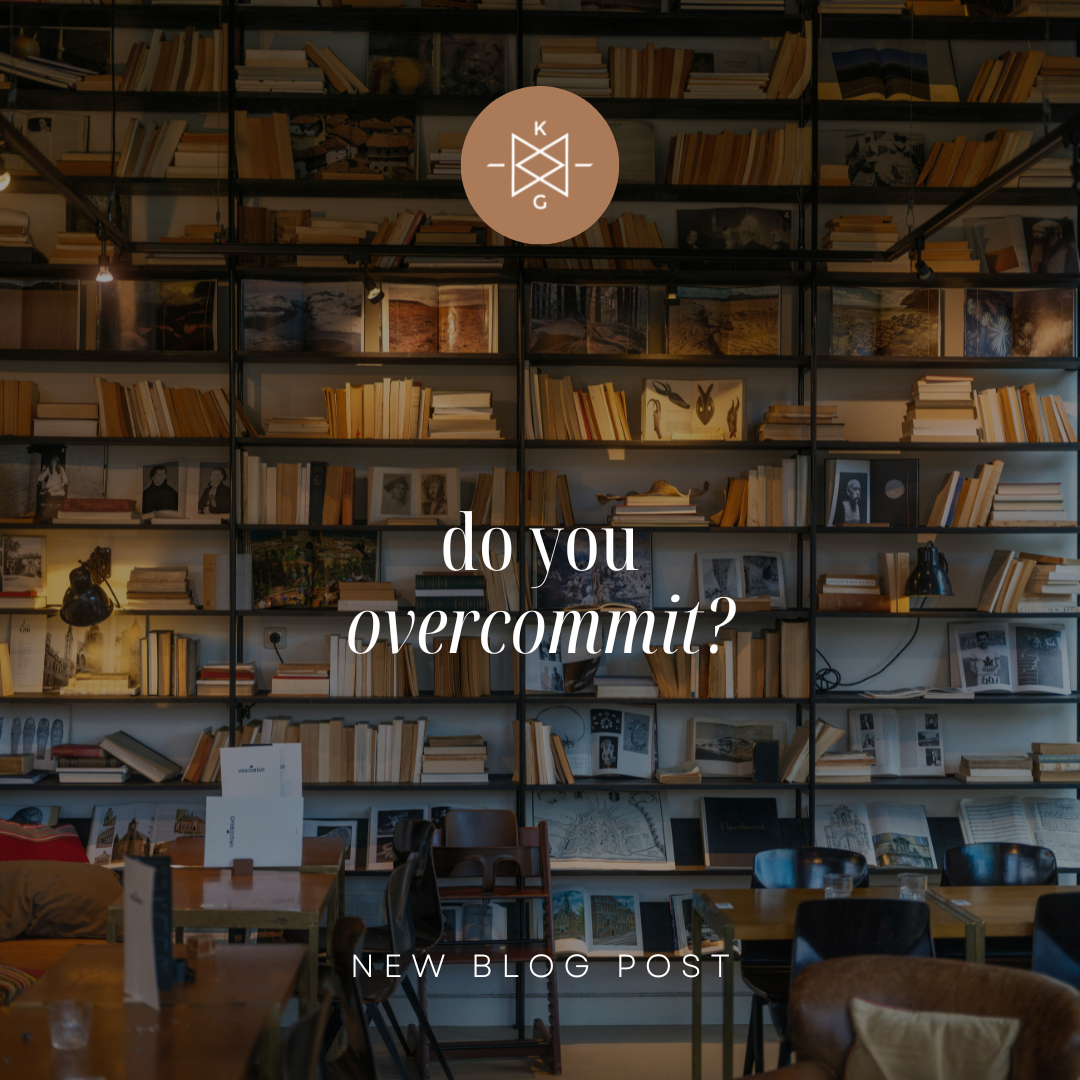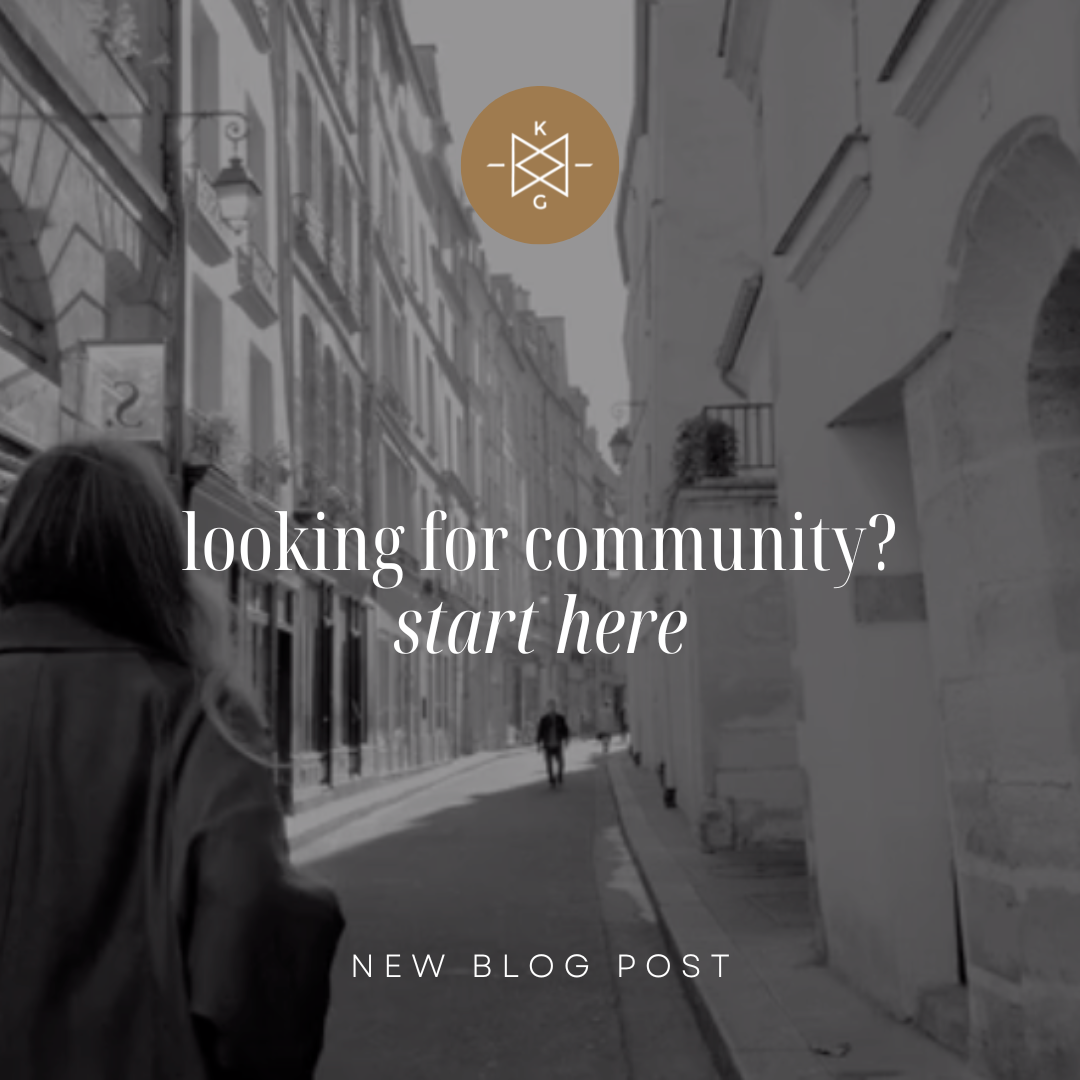
The Blog
Recently Featured
All Blogs
How to navigate grief through the holidays
“Let everything happen to you, beauty and terror. Just keep going, no feeling is final.”
-Rilke
Grief can feel thick as mud for so many throughout the holidays. The exaggerated background of “merry and bright” can push unrealistic expectations on us to be something we’re not. But for those who have lost loved ones, experienced drastic devastation, or merely find themselves in a life they never wanted, this pressure can feel unbearable.
It’s also worth noting that depression runs rampant around the holidays. It tends to be a reminder of the heavy lack we carry around from day to day. There is such a fine line between grief and depression. So first, let’s unpack that…
We know they are look-alikes. Both involve intense sadness and even despair. Grief, however, is the normal and appropriate response to a great loss, often the death of a loved one. Whereas they share several characteristics such as heightened emotions, fatigue, appetite disturbances, loss of pleasure, and inability to enjoy things, they are not the same. A big contrast is depression is usually marked by a tendency to isolate from others with little or no experience of pleasure. The grieving person usually stays connected to others through the process and hopefully experiences pockets of joy or pleasure along the way.
Something I learned from the grief guru himself, David Kessler, is that grief must be witnessed—loved one(s) hopefully walk alongside and see this pain integrating into our lives so we can process it better.
There are five main stages of grief: Denial, anger, bargaining, sadness, and acceptance. Here’s the catch though, grief is complex and not linear. For all you type A’s out there, beware of trying to grieve neatly. It won’t happen. It’s messy, cyclical, and much like whac-a-mole.
One day we can be fairly poised, the next mad as hell, and the next denying anything’s actually happening, knee deep in that hidden tin of Aunt Susan’s peppermint bark.
As you can imagine, the real power lies in the acceptance piece. When we are able to simply allow what’s coming up emotionally and let it move through us, we can access acceptance more quickly. After all, the word “emotion” is mostly comprised of the word “motion.” That said, we must allow them to come up and move through us as they are created in our bodies. If we don’t do this, we create bigger problems down the road.
So how do we grieve what used to be? The lovely life you’d grown accustomed to? The lifestyle and rituals you carved out over the years? How do you make sense of this new normal?
By assigning meaning to it.
We must appropriate purpose to our grief. Eventually, we must be the hero in our grief story as opposed to the victim. This takes time. David Kessler actually built out the grief process to include meaning as the sixth stage. How powerful is that?
Let your grief work for you and create deeper, richer meaning in your life right now. Your shock is appropriate, your tears are precious, your anger—valid. We are all on this spiritual journey together as we become more real through our pain, especially during this season.
P.S. AND…Just like Mr. Rogers’ mother told him when responding to scary news, “Look for the helpers.” If you need a safe space to process and grieve, I’d love to support you on your journey.
My Gift to You...Perfect Timing
“Go for it now. The future is promised to no one.”
-Wayne Dyer
They say timing is everything. I’ll agree with that. However, when it comes to deepening self-awareness and overall quality of life, the perfect timing is always now. I used to think I had to wait for a catastrophic event to explode on the scene in order to garner precious time and energy to “work on me” so to speak.
What about you? Do you tend to brush minor hurts, dashed hopes and dreams, and resentments under the rug only to deal with them “when the time is right?” And who’s to say when time is right or wrong?
Obviously, we do have to compartmentalize painful stuff along the way in order to show up and meet the demands of work, parenting, and other projects we’re invested in. The problem with waiting for the right time is we often put it off too long which in turn creates further unforeseen problems for ourselves and others. It’s like driving your car without ever getting an oil change. Eventually, manageable maintenance issues become harrowing expenses we could’ve easily avoided.
My point is this: now is the time to invest in you and take back the power in your life. This doesn’t have to look extreme or exhausting either.
When we decide to show up for ourselves and work with what we’ve got where we’re at, we not only circumvent larger scale implosions down the road, we put into motion tiny two-degree shifts that over time, creating massive upgrades in all areas of our lives.
When you board a plane in Nashville headed for London, the pilot follows a detailed flight plan that takes into account all sorts of possible interruptions. When you’re flying, you won’t feel many noticeable deviations or sudden turns, unless turbulence becomes an issue. In fact, if your pilot’s navigation is even one degree off, guess what happens? You’ll end up in Morocco or something. (Okay, geography isn’t my strong suit, but you get my point.). I imagine Morocco is magical, yet you bought a ticket to London.
It doesn’t take much of a shift to create the dramatic results you’re looking for over time. It does, however, require you to decide to start now, with what you’ve got.
What holds you back from this courageous decision?
Why is this courageous? Because to be willing to look honestly and openly at the peaks and valleys of your story is a highly vulnerable process. We don’t know what we’ll find. We can’t predict how we’ll react. To be vulnerable always requires courage.
And yet there is nothing more vulnerable and uncertain in this life than to love.
Take the first step today and say yes (with feeling) to the adventure. Sign up for my Enneagram-based self-care membership program, The Practice. It’s affordable, supportive, and you get a whole new community of folks with like minds and hearts.
I don’t make many promises in my line of work, but I assure you, you certainly won’t be bored. :)
3 Ways the Enneagram Can Support You Through the Holidays
It’s the most wonderful time of the year…so why doesn’t it always feel that way? For many, the holidays can feel more lonely and anxious than merry and bright. When we put high expectations on anything, it tends to snuff out the pure joy and wonder of it. I know you know this, and yet it still feels awfully difficult to move through the season with a realistic, unbothered approach.
I firmly believe the Enneagram can help. Here are a few ways how:
As you well know, the Enneagram helps illuminate the inner workings of our personalities. In showing you the motivations behind why you do the things you do, for better or for worse, it invites you into greater self-awareness and self-knowledge. This is crucial as we move through stressful experiences (last week’s awkward Thanksgiving meal with Uncle what’s his name and his new girlfriend???) This is important because we obviously can’t control others around us but we can have the space of self-awareness to observe how we respond to the season’s events. And I do mean respond….not react!
In step with this, the Enneagram is a map. It shows you when you’re on the right track and when you’ve taken a treacherous wrong turn south to the land of victim, people pleaser, avoidance, isolation, martyr—even control freak (who me?). By giving you awareness as to where you go in times of stress and security in your type, the Enneagram gives us road signs, moment to moment, so as to keep us moving in the right direction. It’s like your very own Waze app on the open roads of holiday chaos.
The Enneagram helps us stay curious and compassionate both to ourselves and the collection of friends and family we’re surrounded by this time of year. Sure, the Enneagram is all about self understanding, but that’s just the beginning. As we are better able to understand ourselves and others around us, we are more likely to move towards them—to have generosity of spirit instead of a critical mind. We learn to have a kinder dialog towards ourselves and others by helping you have greater compassion for others and why they do the things they do. And don’t forget…sometimes this compassion looks like saying no instead of yes to that umpteenth holiday gathering…or piece of pie…or that gift you really can’t afford. Compassion combines love and limits.
Don’t worry, I’ll be hanging out a bunch in your inbox this season…Cheers!
P.S. If you’re looking to stay tethered to some enneagram-based self-care this holiday season, give yourself the gift of The Practice.
Gratitude and Your Enneagram Type
“This is a wonderful day, I have never seen this one before.”
-Maya Angelou
In just a few days, many of us will gather around a table topped with a smattering of delectible turkey variations and some comfy, butter-laced sides—throw in a few pies, and give thanks for all the good things in this life. We will do our best to keep the conversation above board, leaving family grievances and politics at the door. We will go back for seconds, even though dessert looms large. A food coma ensues. Is Thanksgiving the original “cheat day?” Hmmm…perhaps. Leave it to America to super size an otherwise satisfying Thursday lunch.
After all, to every other country, Thanksgiving is just another Thursday. Yet it’s my favorite. A holiday built on the spirit of gratitude and a decadent meal? Without the hassle of gifts? I’m in.
In today’s furiously fast and heavy climate, we must not lose sight of gratitude, and not just on one particulary famous Thursday of the year. We must make gratitude a practice.
Gratitude is not just something we do to feel better about life. It’s not denying reality or always finding the sliver lining. It’s far more powerful than that.
Over time, gratitude has the power to rewire your brain for more overall fulfilment in life and relationships. As humans, we have what’s called a negativity bias. We are biologically wired for survival. Primal man relied on this negativity bias to wake up the next morning and live another day in a highly dangerous world. However, in our modern day world, we don’t need this high alert survival bent as we once did. Sure, it’s kept us alive as a species through the ages, however, thankfully most of us have are basic needs of food, shelter, and safety met.
Gratitude is saying yes to what is good, true, and beautiful—it’s the practice of nurturing hope in our lives. Sometimes it’s accepting the challenging parts of life that have helped us grow and heal. It is an intentional practice that sees the often grim reality of life, acknowledges it, accepts it…AND chooses to see life from a higher, more spiritual perspective.
Today, I want to run through the things that get in the way of a gratitude practice for each Enneagram type.
Type 1: Perfectionism!!! What a sham! Type Ones have such a high standard for themselves and the world around them, they often miss out on what’s good and right in their lives.
Type 2: Guilt often clouds gratitude for these nurturing souls. The feeling that they aren’t doing enough for others or a tendency to carry the weight of the world can be all consuming.
Type 3: Busyness can distract these success-oriented doers from gratitude. The constant need to achieve and move things forward will take center stage for Threes if they aren’t consciously aware of their pattern.
Type 4: Longing for what’s missing tends to derail these sensitive, idealistic people from gratitude. The melancholy that feels so comfortable becomes a real hinderance as a result.
Type 5: Scarcity can easily get in the way of Fives as they live out of a place of hyper self-sufficiency that can border on stinginess.
Type 6: Fear and doubt go neck and neck with gratitude for Sixes. As great problem solvers, they can often be problem seekers.
Type 7: Toxic positivity can keep Sevens in a constant state of avoidance of reality. Though they can seem like the most grateful, they often bypass the whole of true gratitude which is appreciating the light and dark parts of life.
Type 8: Control and impact can often leave softer concepts like gratitude feeling weak or besides the point. Their constant forward momentum distracts a grateful heart.
Type 9: Laziness or numbing when it comes to their own process and development can distract Nines from developing their own gratitude practice (or any practice). Their constant focus on other people can be a real roadblock.
As we move through the season, consider the things that might get in the way of something so beautiful—so simple—and so powerful…gratitude.
5 Conversation Starters for Your Thanksgiving Table
“Words have magical power. They can either bring the greatest happiness or the deepest despair.”
-Sigmund Freud
We’ve made it this far, 2024! You’ve presented us with plenty to consider. You’ve also invited us into a deeper level of consciousness and insight—insight about what’s really important to us. The thing is, you’ve also put a high powered magnifying glass up to our differences. So much so that the bonds of friendship, family, and beliefs are being challenged. History has always presented us with this predicament.
I’ve heard it in my own life and in the lives of clients alike: there has been great division and hurt around dinner table discussions everywhere due to our differences these last few years.
And yet next Thursday extends the invitation for togetherness, gratitude, and feasting. I believe we need to be intentional about our conversations, honoring each other’s differences and sacrificing the need to be right for the privilege of being in relationship.
So I thought it might be helpful to share with you a few conversation starters to keep this most unusual holiday season a gracious and enjoyable time. We may not share ideological beliefs, but what we do share is the human condition—flaws and all—and the need for connection and compassion.
Here are a few conversation starters to keep us on track as we gather around the turkey:
What’s the most surprising thing you’ve learned about yourself in 2024? Go around the table and answer this question, keeping it in first person —make it about you and your experience—not about the actions or beliefs of others.
How will you finish strong in 2024? What are you taking with you? What are you leaving behind?
What have you said “yes” to that was scary, yet life-giving in 2024? Doing things that scare us actually have a way of keeping us young, counteracting the patterns that keep us in autopilot.
Who or what has inspired you the most in 2024? What did you learn from these people/experiences?
And finally, the piece de resistance, what are you most grateful for so far this year? Try and think of something personal and/or unique to this year.
Intention creates meaning. I believe when we have meaningful gatherings, we invite more connection, more joy, and ultimately more purpose in our lives and spaces. Whether it’s Friendsgiving or the family kind, let’s make this Thanksgiving and holiday season one to remember (in a good way ;).






























